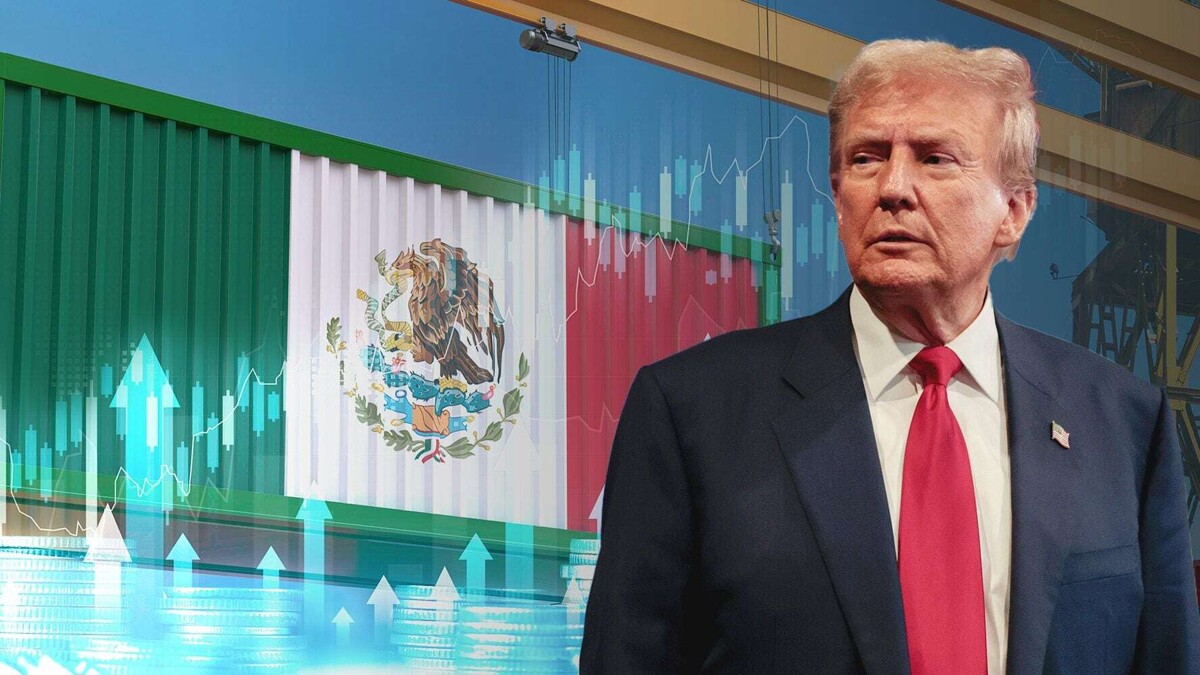
Following Trump's announcement of tariff imposition, the President of Mexico, Claudia Sheinbaum, has stated that various measures will be implemented to defend the interests of the country. Sheinbaum mentioned that an alternative plan will be activated and extended an invitation for dialogue with Trump to address security and health issues jointly. In her words, she emphasized the importance of dialogue as a method for resolving problems.
The Mexican leader has instructed the Secretary of Economy, Marcelo Ebrard, to implement the alternative plan in response to the tariffs imposed by the Trump administration and has assured that more details will be revealed in the coming days. Ebrard, for his part, expressed his support for Sheinbaum in light of the situation, highlighting her firmness and composure in this challenge.
The entry into force of the tariffs imposed by Trump on February 1 has generated concern in various regions of Mexico that send products to the United States. An investigation conducted by Banco Base before Trump's presidency indicated that the impact of the tariffs would not only affect the peso-dollar exchange rate, but specifically 11 Mexican states would be primarily affected, given the high percentage of exports relative to their GDP.
According to Banco Base, the most representative states of Mexico regarding exports to the United States include Chihuahua, Coahuila, Baja California, Tamaulipas, Campeche, Aguascalientes, San Luis Potosi, Sonora, Guanajuato, Nuevo Leon, and Puebla. These regions, whose exports represent a significant percentage of their GDP, would be particularly affected by the imposed tariffs.
The impact of the tariffs will not be uniform across the Mexican economy, as foreign companies may see reduced incentives to reinvest in Mexico, and consequences are expected in manufacturing and service sectors, as well as among suppliers of exporting companies. In this context, work is underway to implement an alternative plan to address this situation.














